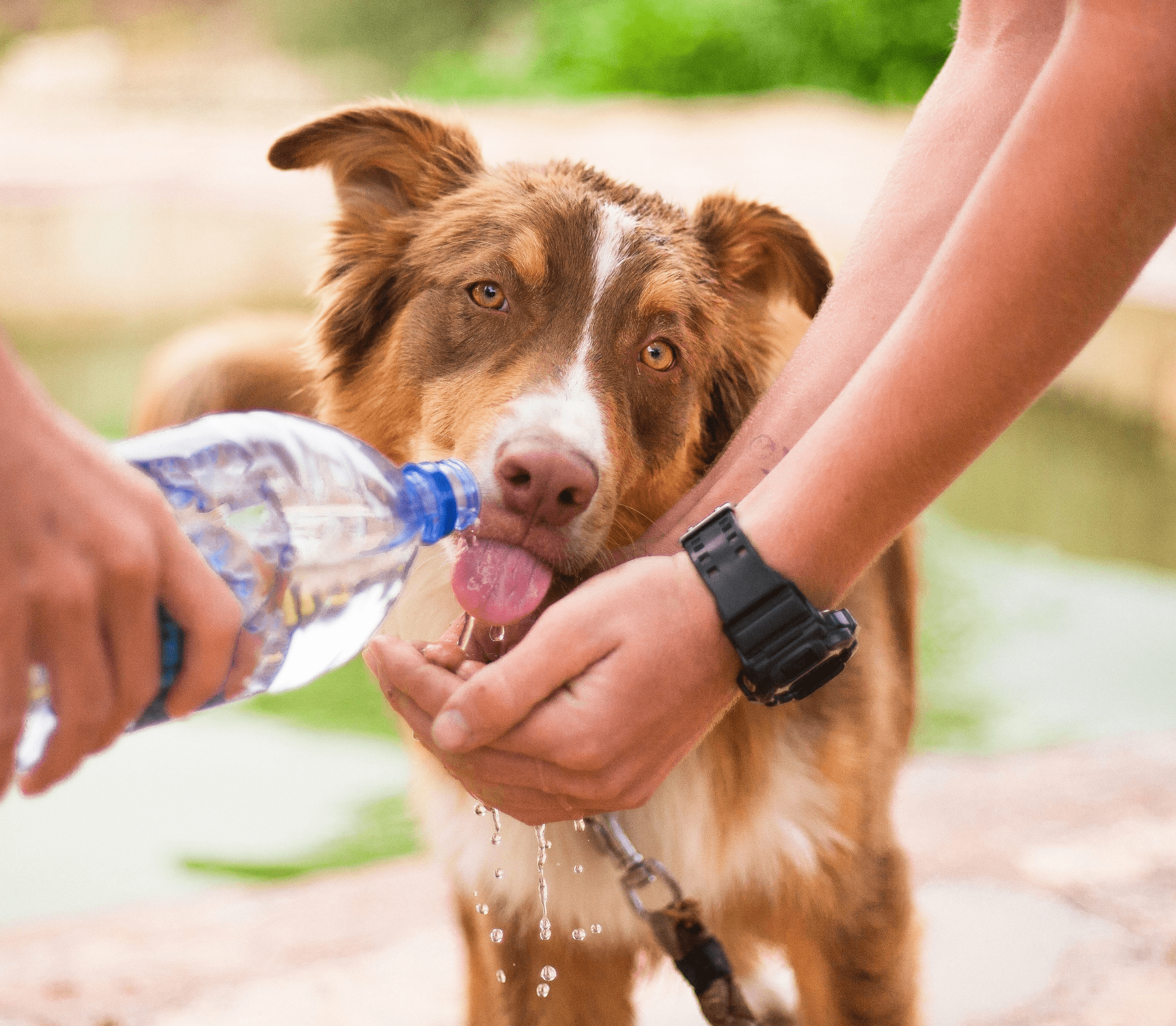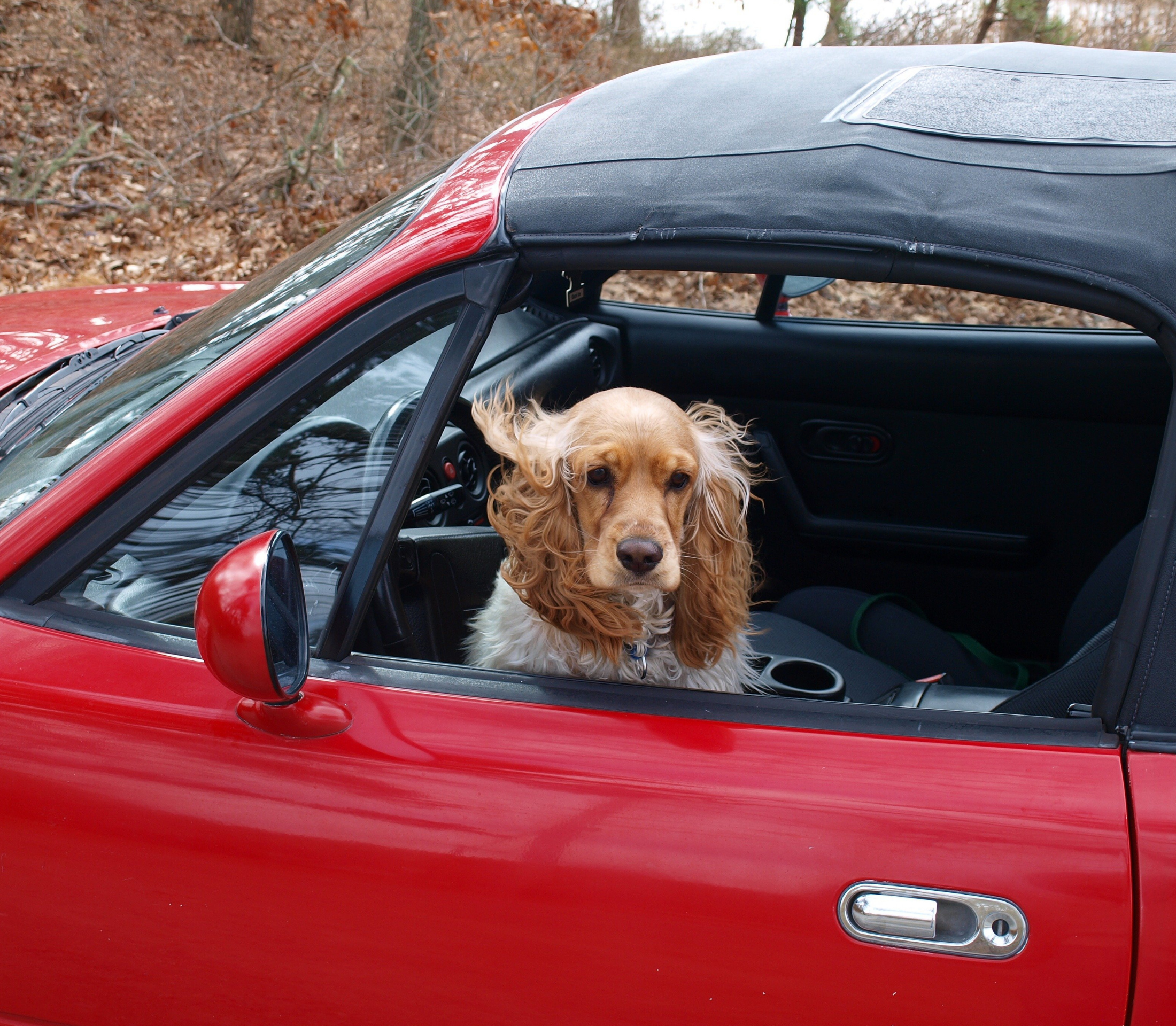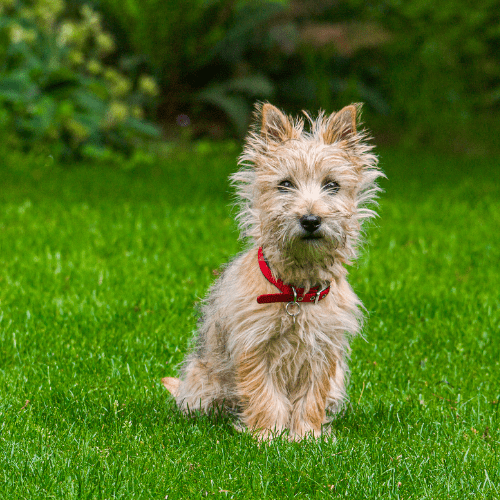Helping Cats Get Along
Have you recently brought a second—or third—kitty into your home? We love seeing cats get loving forever homes. Your other pets may not be quite as happy about the matter as we are, however. Fluffy can get a bit territorial, and may need time to accept the fact that there’s a new kitty in town. A Washington DC vet offers some advice on helping your feline buddies get along in this article.
Introduction
In order for your furballs to start out on the right paw with one another, you’ll want to take some steps to help introductions go smoothly. Keep your kitties separated at first. You’ll initially see them sniffing around each other’s territories, and possibly playing ‘pawsies’ under the door. Once they seem to have gotten used to each other’s presences, let them meet. Supervise all interactions with your furballs over the first few weeks, and don’t leave them alone together right away.
Resources
Make sure that you have plenty of toys, beds, food dishes, and napping spots. If your feline friends feel like they have to compete for these resources, they may get very resentful about it.
Stopping Squabbles
It’s not uncommon for kitties to bicker with each other, especially when they are first introduced. If they do have a ‘cat fight,’ don’t punish them for it. This may just make them angrier with each other! Do something that will distract and startle them. You can bang two pots together, clap your hands, or stamp your feet.
Jealousy
Cats can get very jealous and territorial about their humans and domains. Be careful not to accidentally stoke these fires by paying more attention to one kitty than the other. Show both—or all—of your feline companions equal affection.
Forming ‘Pawsitive’ Opinions
One thing that can help teach your cute pets to get along is to make them think that good things happen when they’re together. Give your kitties catnip and treats together. Dual play sessions can be extremely helpful as well. Use toys that you control, such as wand toys or laser pointers. That way, your furry buddies are encouraged to take their frustrations out in an appropriate manner. You want them to attack that fuzzy mouse or that little red dot instead of each other.
As your Washington DC animal hospital, we’re dedicated to offering great veterinary care. Contact us anytime!



